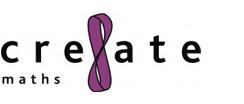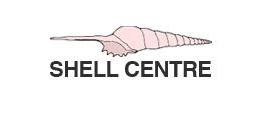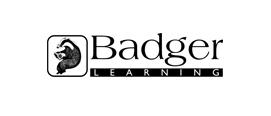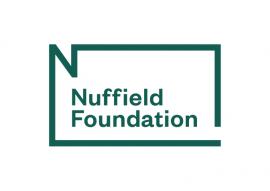Mathematics: Problem Solving and Investigations
A list of resources containing activities which could be integrated into your scheme of work with the purpose of integrating problem solving and investigational maths work into the natural process of learning mathematics and not just as a bolt-on added extra.
The first few resources are aimed at primary mathematics with the remainder aimed at Key Stages 3 & 4.
- ALL
- Teacher guidance
- Experiment
- Open-ended task
- Group work
- Activity sheet
- Other
Teacher guidance
Problem solving with EYFS, Key Stage One and Key Stage Two children
A set of resources from the National Strategies aimed at years one to six designed to help students become proficient problem solvers in mathematics.
Experiment
Making Molecules
This activity asks students to investigate the structure of hydrocarbons. A printed sheet representing carbon and hydrogen atoms is cut up and used by students to build as many isomers as they can for two chemical formulae.
Students are then challenged to discover a 3-D shape with 60 vertices, made from regular pentagons and hexagons. Teachers may choose to give 12 pentagons and 20 hexagons to groups of students for them to build the model or make up the shape from its net.
Open-ended task
Pure Investigations
These two books from the Shell centre focus on the pure investigations.
Group work
Plan a Trip
In this Shell Centre module students plan and undertake a class trip using costings, scheduling, surveys and everyday arithmetic.
Produce a Quiz Show
In this Shell Centre modlue, Produce a Quiz Show, students devise, schedule, run and evaluate their own classroom quizzes.
Activity sheet
Starting Investigations
A book of mathematical investigations aimed at students working at National Curriculum levels 1 to 3.
Contains forty simple investigations covering topics such as Odds and Evens, Place Value, Number patterns and many more.
Badger Maths problem solving
A series of resources aimed at years one through to six aimed at developing problem solving skills. Each resource gives an example of a four step problem solving approach and task cards split into levels.
Investigative and Problem-Solving Approaches to Mathematics and Their Assessment
This resource was written in response to the Cockroft Report to address the recommendation that all mathematics teaching should include opportunities for exposition by the teacher, discussion between teachers and students and between students themselves, practical work, consolidation and practice, problem solving and investigational work. The purpose of the pack was to address these issues and support their introduction and assessment.
Other
Problem Cards
This collection contains two packs of problem cards that have been designed for use by students in conjunction with the main work
described in the Teachers' Guides. It is intended that the majority of students should at least be able to 'have a go' at most of the questions, but should also be encouraged, to the full extent of their individual abilities, to think around a problem and to devise alternatives and generalisations.
There are two packs of problem cards, purple and red, each accompanied by a teachers' guide.
Problem Solving Tasks
The Spode Group have produced a number of resources to support problem solving in mathematics through real life problems.
The resources contain a wide range of open-ended tasks, practical tasks, investigations and real life problems still useful today to place the mathematics learnt in the classroom into a real world context.
Bowland Maths: Assessment Tasks
Bowland Maths includes over thirty tasks designed to help assess students’ achievements and progression against key processes. To help with this assessment, each task contains sample work, and a 'progression table' showing how students’ work on the task can provide evidence of their progress with the four key processes: representing, analysing, communicating and reflecting.
These materials are also ideal for formative assessment that concentrates on providing the types of rich feedback that have been proven to help students improve their reasoning.
Graded Assessment in Mathematics (GAIM)
GAIM is a teacher assessment scheme for Key Stages Three and Four. The scheme is designed to encourage teaching and learning through practical problem solving and investigations, involve students in all assessment and record keeping and introduce continuous assessment into normal classroom practice.
Design a Board Game
In this Shell Centre module, groups carefully design and produce their own board games. These games are then played and evaluated by other class members.








